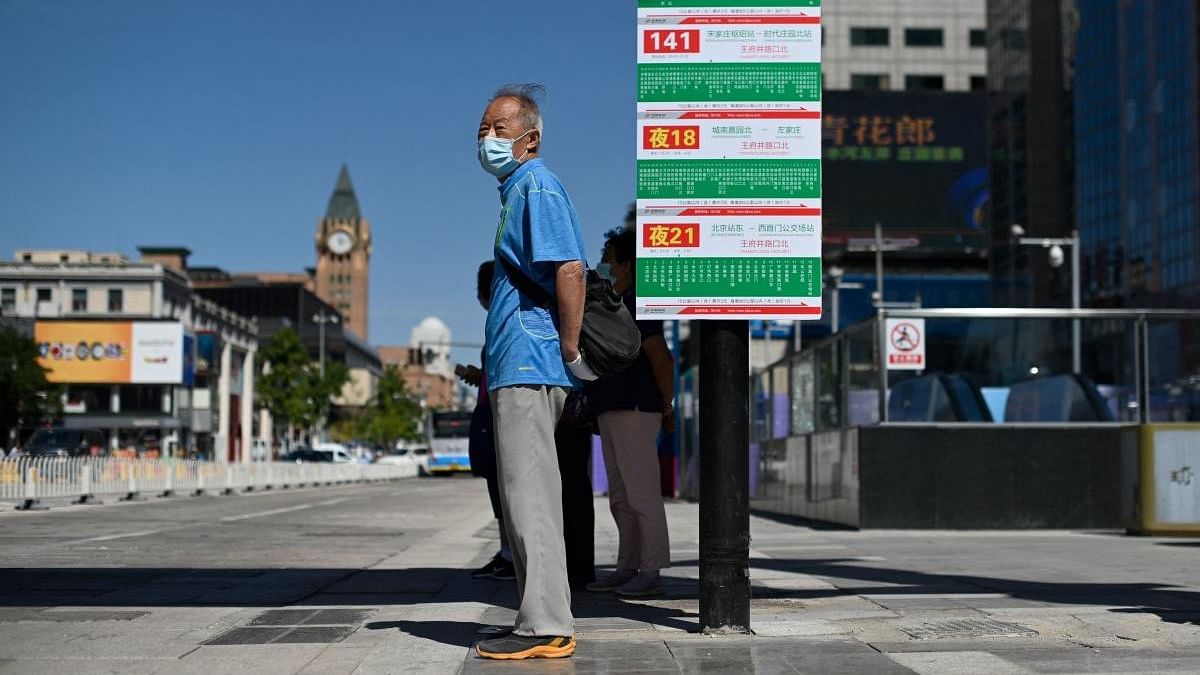
China’s rapidly ageing population will cross 400 million by 2035 as it will enter into the phase of “severe ageing", posing numerous challenges to the world's most populous country, a top health official said on Tuesday.
China is ageing rapidly, with the number of people aged 60 years and above reaching 267 million by the end of last year accounting for 18.9 per cent of the population, Wang Haidong, director of the National Health Commission's Department of Aging and Health said.
It is estimated that the elderly population will top 300 million by 2025 and 400 million by 2035, he was quoted as saying by state-run China Daily.
The size of China's senior population and its proportion of the total population is expected to peak around 2050, posing huge challenges to the provision of public services and to the national social security system, Wang said.
On one hand, China is rapidly ageing on the other its population was in decline, raising concerns over the future availability of the labour force, the main driver of the economic growth of the Communist nation.
China's population grew by less than half a million last year to 1.4126 billion as the birth rates fell for the fifth consecutive year, stoking fears of a looming demographic crisis and its adverse impact on the world's 2nd largest economy.
Early this month, official data pointed out that registrations of married couples in China in 2021 dropped below eight million, the lowest since 1986, adding to the concerns of the dwindling low birth rates and declining population which may touch negative growth by 2025.
Chinese married couples dropped to a record low in 2021 with only 7.64 million registering their marriage, the lowest since 1986, according to the latest Statistical Bulletin on the Development of Civil Affairs in 2021.
Late marriages which have become a trend in China would affect the policy to permit three children which further poses a challenge to the population problem, state-run Global Times quoted the Chinese experts as saying.
The demographic crisis was largely attributed to a decades-old one-child policy which was scrapped in 2016 after which China permitted all couples to have two children. Last year, China passed a revised Population and Family Planning Law allowing Chinese couples to have three children and announced a number of incentives to encourage people to have more children in an apparent attempt to address the reluctance of couples to have more kids due to mounting costs.
Li Yongxin, deputy director of the Department of Elderly Care at the Ministry of Civil Affairs, said in view of the increase in the old age population, $5.12 billion has been allocated toward building elderly care facilities.
"So far, community-level elderly care services cover all urban neighbourhoods and more than half of those in rural communities," he said, adding that "as of March, the country has over 360,000 elderly care facilities,", the China Daily reported.